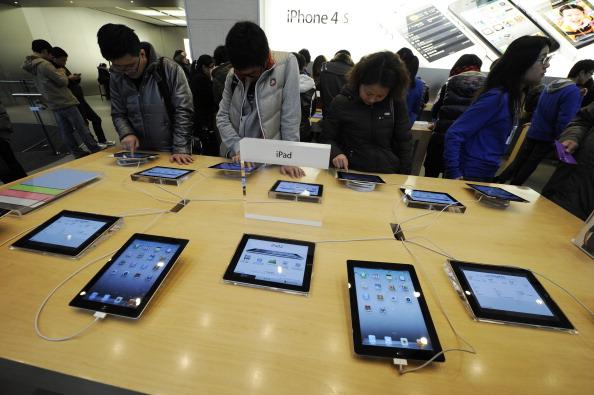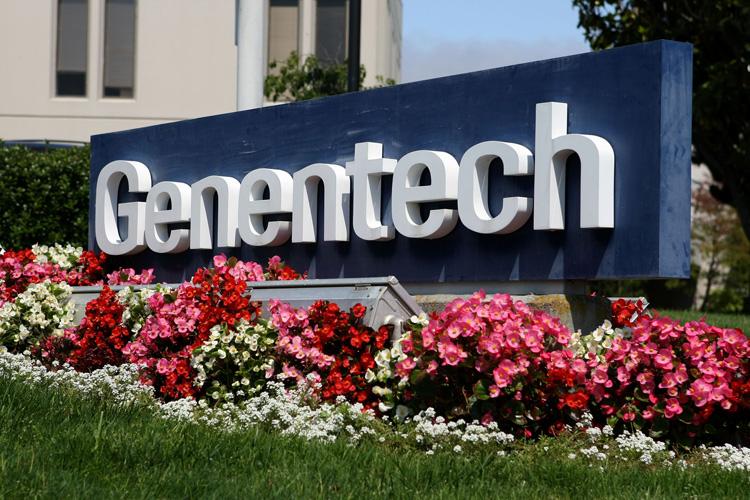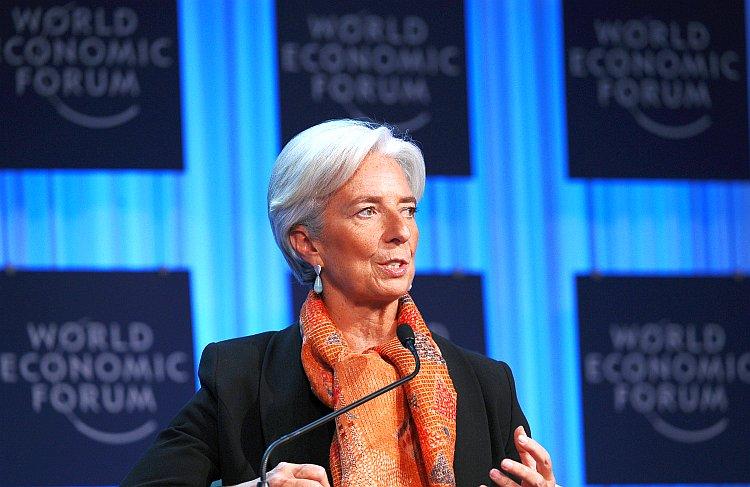The world’s largest social network platform, Facebook Inc., launched a new strategy of advertising on Feb. 29, engaging leading brand names such as Wal-Mart Stores Inc. and Starbucks Corp.
Messages from businesses will feed into users’ Facebook page when they hit the “Like” button, and news feeds will be activated and offers and notices will be available direct to consumers.
This new product is called “Premium,” and marks the first possibility for ads to appear on mobile phones as well as on the log-out screen, and changes will be visible from April onward.
There are more than 400 million users who utilize their mobile devices to access the social networking site, according to Facebook estimates.
The timing of this advertising initiative is strategic, as it is prior to the company’s initial public offering (IPO) of stock, which is predicted to occur in the next quarter. Reports have indicated that the IPO could value the company at around $100 billion, and likely to raise at least $5 billion. As such, this strategy could allow potential investors to see Facebook’s advertising potential.
One of the key distinguishing features of Facebook’s new advertising methodology is an emphasis on integration into the conversation of the user’s network. There are still permanent advertisements placed on pages that have their own role in promoting products and services, and this format will remain.
According to Facebook’s vice president of product, Chris Cox, “The definition of the word ‘advertise’ is to draw attention to. … The definition of a story is narration, which you'd think is what people prefer.”
Facebook’s latest advertising technique also can be considered more measurable and is designed to provide more insight into consumer behavior and generate results when it comes to action-orientated or response-driven campaigns. Premium is said to enhance user engagement by five to ten times more than traditional ad space on the website.
The majority of the Menlo Park, Calif.-based Facebook’s income is sourced from advertising sales, which contributed to around 85 percent of its total revenues of $37 billion in fiscal year 2011.





